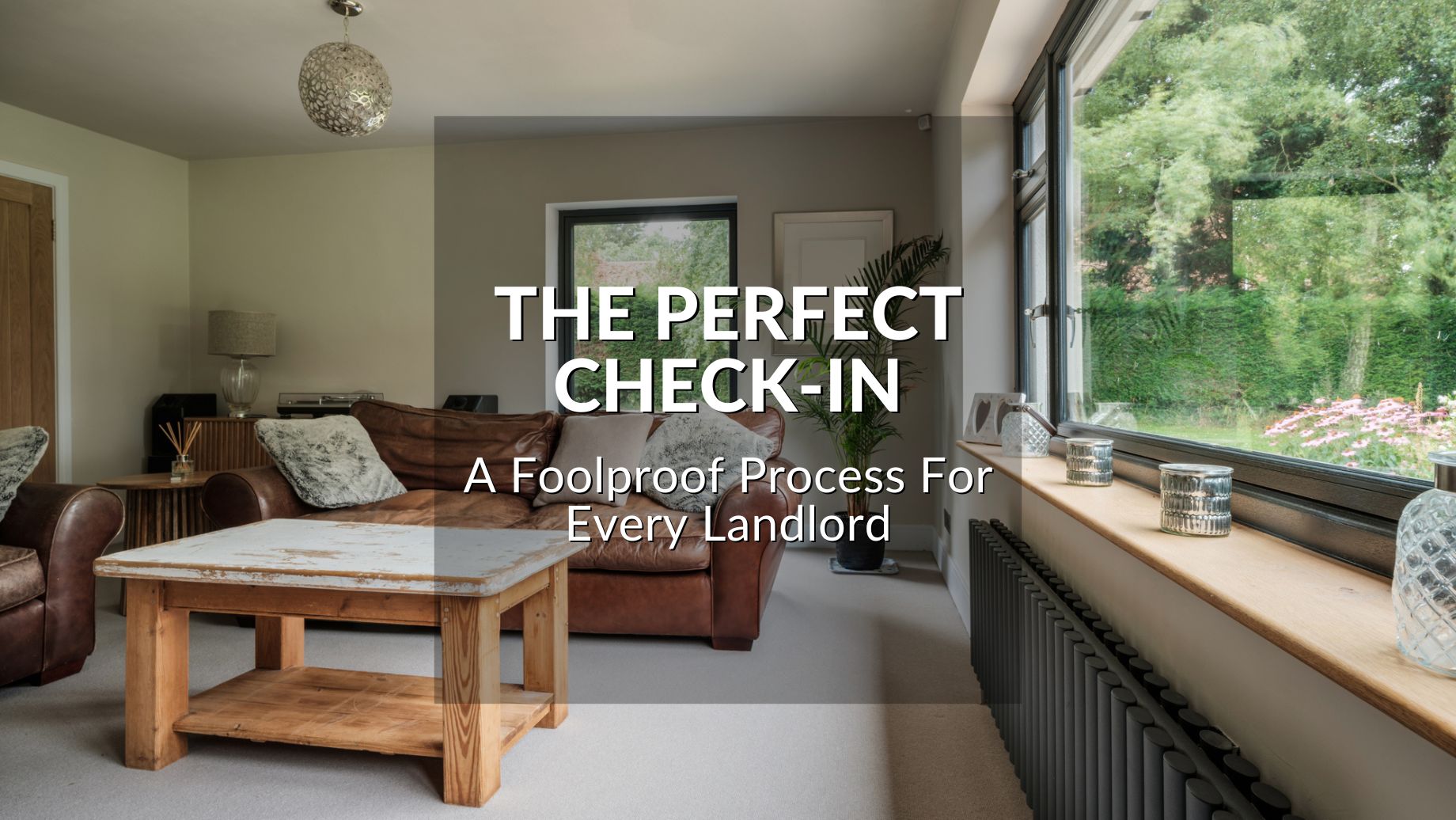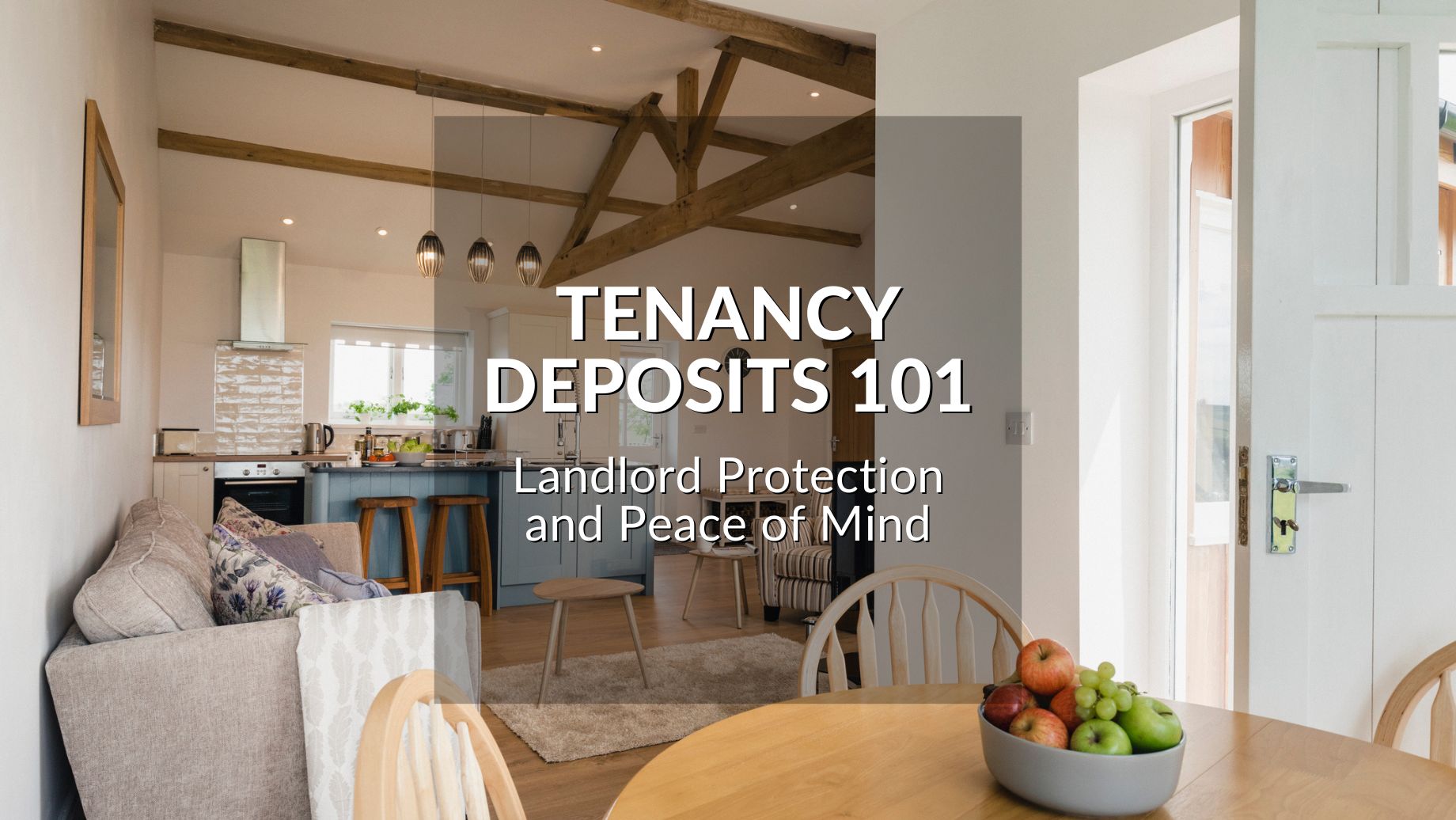Blog
- Details
- Hits: 173
WHAT’S THE BEST TARGET MARKET FOR YOUR PROPERTY?
Depending on the kind of rental property you own, there could be multiple types of tenant who'd make a good fit, but which one is the best one for you?
Working from home, changing demographics, and increasing rents have all affected the rental market in Liverpool, changing the way homes are used and who suits them most.
Whether you've owned your rental property for a while or you're eyeing up one to buy, it's essential to know which types of tenant offer the best return, and what attracts them.
To help you identify the right market for you, we've put together this handy guide to explore the following types of tenant:
- Singles & couples
- Professional sharers
- Family tenants
- HMO (House in Multiple Occupation)
- Student rentals
Finding the right match profoundly impacts your management effort, cash flow, and your property's longevity, so let's look at who's best for your property and the factors that pull them in.
- Details
- Hits: 196
HOW TO CULTIVATE ENDURING TENANT TIES
It costs you money whenever a tenant moves out, from the lost income of void periods to upfront costs like wear-and-tear repairs and new referencing fees, which makes long-lasting lettings a savvy goal.
Every landlord’s dream is to rent their property to someone who treats it as their own, pays on time, and provides an uninterrupted income stream for years on end. However, this doesn’t happen by luck.
Cultivating a high-value, ‘forever tenant’ is about combining legal compliance with personal diligence to forge a strong and mutually beneficial partnership.
To show you what that means in practice, we thought it would be useful to share the way we foster long-lasting lettings for landlords in Liverpool, so let’s take a look at:
- Seeing presentation as protection
- Giving tenants comfort and confidence
- Embracing maintenance as an investment
- Robust and respectful rent reviews
- High-impact, low-cost loyalty rewards
The best single thing you can do to save unnecessary costs is to nurture long-term tenancies with high-quality tenants, and our guide is packed with actionable tips on achieving precisely that.
- Details
- Hits: 253
A FOOLPROOF PROCESS FOR EVERY LANDLORD
A new tenancy is a major milestone in the relationship between you and your new tenants, yet so many check-ins fail to take advantage of the opportunity.
Successful check-ins are more than transactional checklists. They’re your chance to set the tone for the entire tenancy, with you as a trustworthy landlord, and your tenants as conscious caretakers.
To illustrate the extent of the process, we've created this guide to the perfect check-in, from the initial point of contact to handing over the keys, with a deep dive into:
- Starting as you mean to go on
- Preparing your property for rent
- Essential documents to provide
- Boxes to tick for check-in day
- Moving your tenants in correctly
Whether you’re looking to seal gaps in your own process, or to free up your time by handing responsibility to an expert managing agent, all you need for confidence and clarity is right here!
- Details
- Hits: 283
HOW TO PICK THE BEST OF THE BEST
So much hinges on choosing a great tenant for your rental property.
Their behaviour and reliability will directly impact your cash flow and state of mind, and your final choice will be one of the most important decisions you make as a landlord.
With so many tenants out there, many of whom are perfectly charming, it can be hard to know who’s genuinely right for your property. That’s where a thorough process comes in.
Taking shortcuts can lead to costly problems later, so we've created this essential guide for choosing a great tenant, with a proven process to find the perfect match. We’ll explore:
- What makes a great tenant?
- Pre-viewing screening
- Revealing a tenant's character
- After-offer background checks
- Making a legal choice
Getting this decision right is the best way to ensure your property is a successful and profitable investment, so let’s leave no stone unturned!
- Details
- Hits: 388
LANDLORD PROTECTION AND PEACE OF MIND
Of all the possible ways landlords can and do make mistakes, tenancy deposits top the list. Forgetfulness, lack of understanding, and even anger can all be to blame, opening the door to a host of problems.
Tenancy deposits are a fundamental part of the letting process, but there are many legal obligations - fines, poor tenant relationships, and problems regaining possession all waiting to trip landlords up.
With that in mind, we’ve created this essential guide to help you manage your tenancy deposits with confidence every time. We’ll explore:
- Rules for taking a deposit
- Deposit protection laws
- Fair and unfair deductions
- Handling and winning disputes
- Delegating your deposit duties
Getting tenancy deposits right is absolutely essential for setting your tenancy up for success and having the law on your side in case anything ever goes wrong, so let's start boosting your knowledge now.









